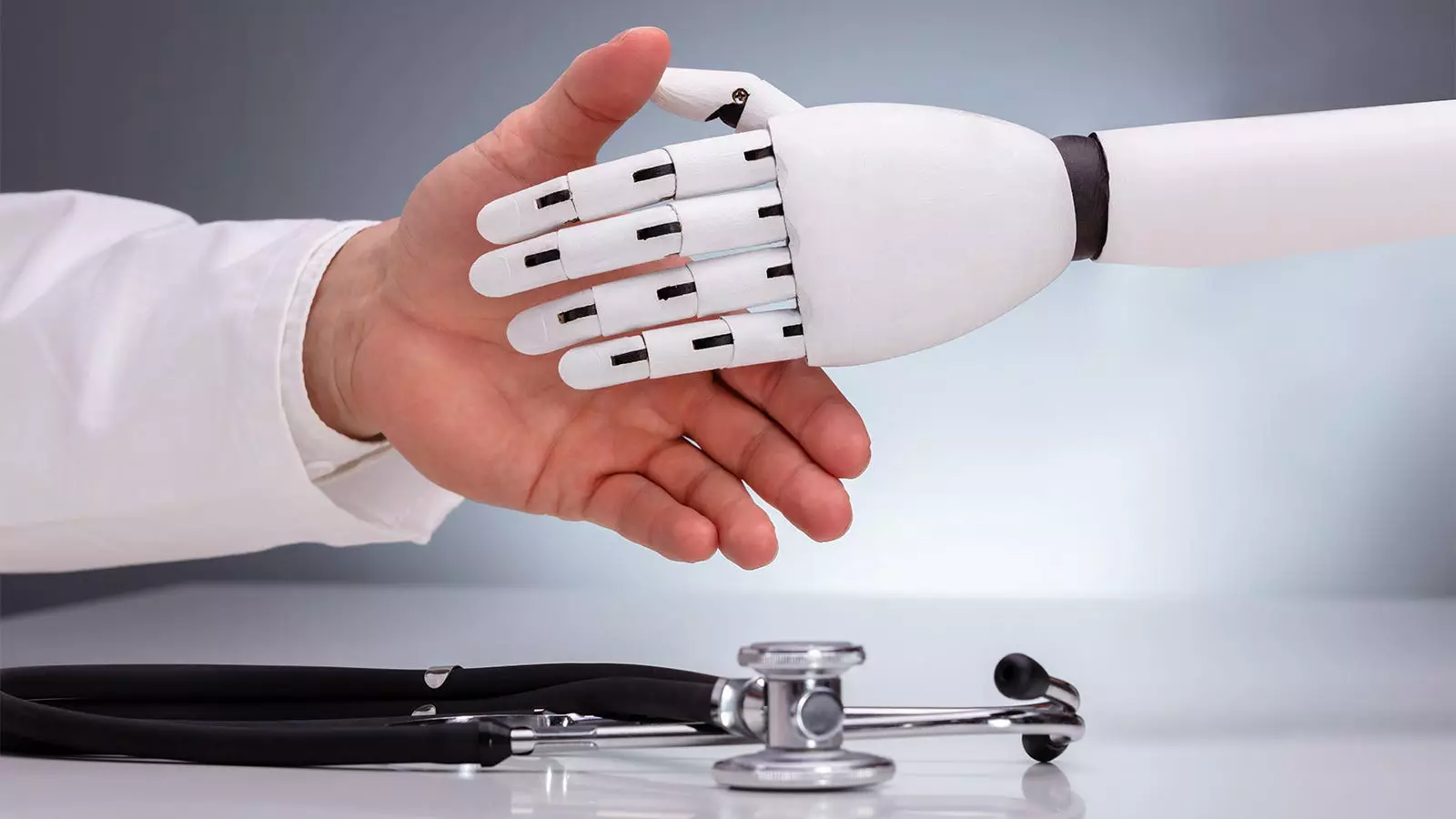When discussing the incorporation of artificial intelligence (AI) in healthcare, the common question often raised is whether AI will eventually replace doctors. While AI has shown promise in areas such as diagnostic accuracy and information gathering, it still faces several obstacles related to trust, human interaction, and oversight. It is crucial to reframe the conversation and focus on defining the ideal AI-physician partnership rather than viewing AI as a substitute for medical professionals.
One way to conceptualize the role of AI in healthcare is to consider it as a medical student in training. Just like working with medical students can be both rewarding and challenging for attending physicians, AI requires preparation and continuous refinement to operate effectively in a clinical setting. While AI can quickly absorb vast amounts of medical knowledge and assist in tasks like information gathering and communication, it is essential to acknowledge that AI is not infallible and may still make errors or overlook critical details. Therefore, having a licensed physician overseeing AI’s work is vital to ensure patient safety and quality of care.
In practice, AI can streamline various aspects of patient care, starting from analyzing a patient’s medical history to facilitating communication between the care team members. By automating tasks like reviewing medications, summarizing cases, drafting consult questions, and conducting literature searches, AI allows physicians to focus on more patient-centric activities and clinical decision-making. Additionally, AI can support post-visit follow-ups by monitoring patients’ progress and flagging any concerning developments to healthcare providers, ensuring continuity of care beyond the initial encounter.
Viewing AI as a medical student offers healthcare leaders and physicians a new perspective on integrating AI into clinical workflows. Rather than viewing AI as a replacement for human cognitive abilities, it is more valuable to explore how AI can complement and enhance the existing practices in healthcare. By treating AI as a tool to support decision-making and streamline processes, healthcare professionals can leverage its capabilities to improve patient outcomes and optimize resource utilization.
As AI continues to evolve and take on more responsibilities traditionally assigned to medical students, there is a growing need to reevaluate medical training and incorporate AI education into curricula. Medical professionals must develop the skills to effectively collaborate with AI tools and utilize them as part of the care delivery process. By gradually expanding AI’s role in healthcare and evaluating its performance at each stage, we can pave the way for AI to eventually assume more significant clinical responsibilities in the future.
AI has the potential to revolutionize the healthcare industry by augmenting the capabilities of medical professionals and enhancing the quality of patient care. By reimagining the AI-physician partnership and viewing AI as a valuable assistant rather than a replacement for doctors, we can harness the full potential of this technology to improve health outcomes and reshape the future of medicine.


Leave a Reply